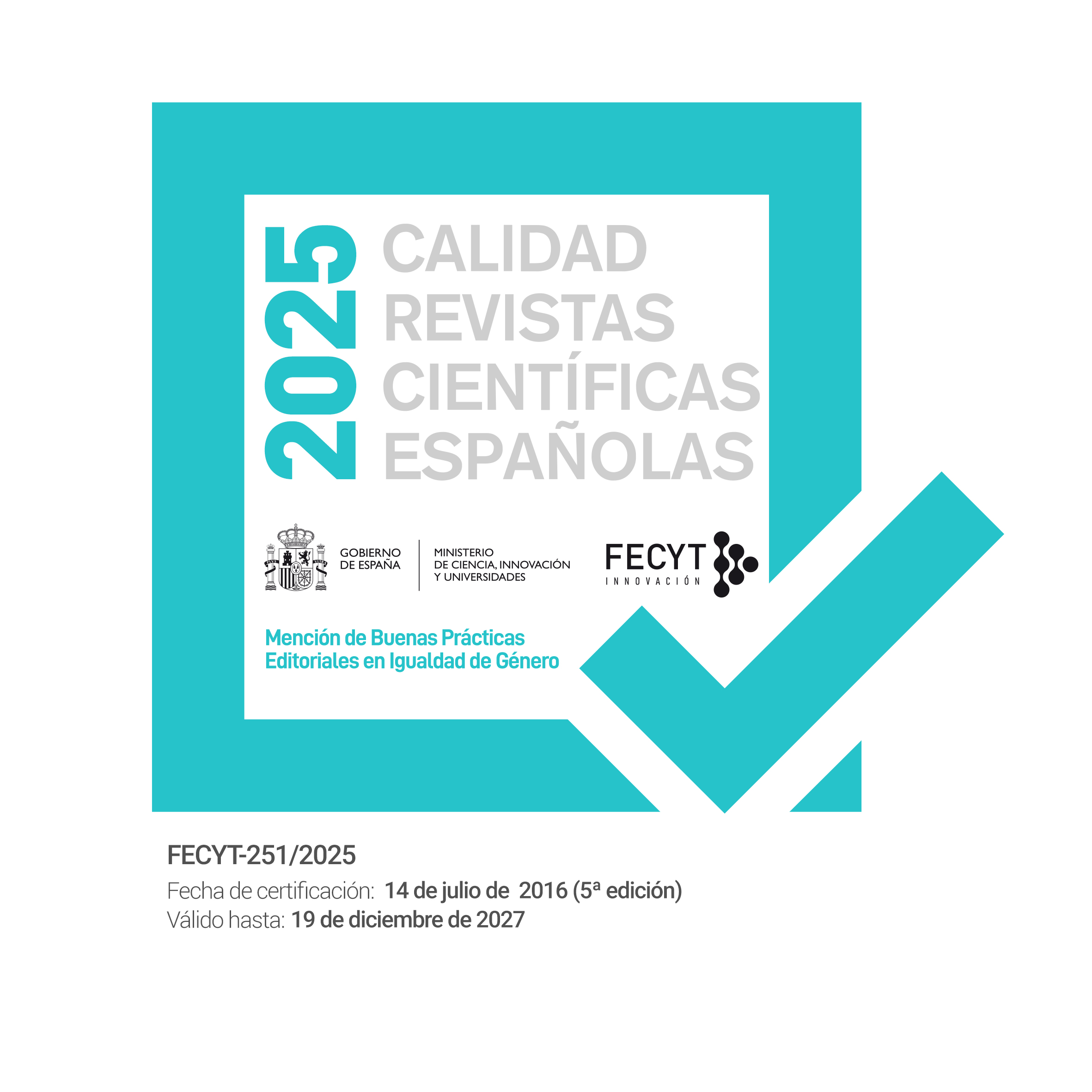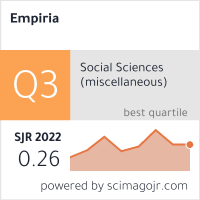Multi-level Qualitative Analysis design: a practical application for the analysis of interviews
DOI:
https://doi.org/10.5944/empiria.24.2012.841Keywords:
multilevel analysis, qualitative analysis, discourse analysisAbstract
In this article we present the use of what we have called a Multilevel QualitativeAnalysis (MQA), a procedure for analyzing qualitative information, and inparticular for analyzing the information provided by in-depth interviews. The featuresof this analytical design are the following: a) it contains procedures forquantifying information, other than the ones used by qualitative data analysisprogrammes; b) it requires the qualitative information to be operationalized inthe form of categorized variables and always respecting the principle of parsimony;c) it is an open model, which can incorporate a variety of quantitativeanalytical developments and procedures; d) it is a combined design that requiresthe sequential use of various procedures; e) finally, it can create types that can beused to better interpret discourse, so it contextualizes the discourse analysis. Thestages of analysis design are sequential and begin at the level of text categorization,which operationalizes the information. In the second stage, the structuralrelationalstage, the relation between the categories is analyzed and the distancebetween the subjects (proximity/difference) is measured. And in the third, socialhermeneuticstage, the significance of the discourse is reproduced and contextualized.Downloads
Download data is not yet available.
Downloads
How to Cite
Belzunegui Eraso, Ángel, Brunet Icart, I., & Pastor Gosálbez, I. (2012). Multi-level Qualitative Analysis design: a practical application for the analysis of interviews. Empiria. Revista de metodología de ciencias sociales, (24), 15–44. https://doi.org/10.5944/empiria.24.2012.841
Issue
Section
Artículos
License
Los autores que publican en esta revista están de acuerdo con los siguientes términos:a) Los autores conservan los derechos de autor y garantizan a la revista el derecho de ser la primera publicación del trabajo al igual que licenciado bajo una Licencia Internacional Creative Commons CC BY-NC-SA 4.0.
b) Se permite y se anima a los autores a difundir electrónicamente las versiones pre-print (versión antes de ser evaluada) y/o post-print (versión evaluada y aceptada para su publicación) de sus obras antes de su publicación, ya que favorece su circulación y difusión más temprana y con ello un posible aumento en su citación y alcance entre la comunidad académica.












